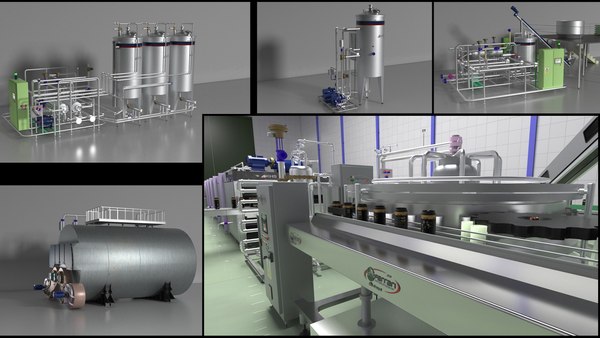If Dual Diagnosis Rehab Thailand Is So Terrible, Why Don't Statistics …
페이지 정보
작성자 Marcus McCombie 작성일 23-11-29 12:12 조회 17 댓글 0본문
 Introduction:
Introduction:Alcohol detachment is a condition which takes place when individuals suddenly stop or notably decrease their particular alcohol intake after extended periods of heavy drinking. It's a complex and potentially deadly condition that impacts millions of people globally. This report aims to provide an extensive summary of alcohol detachment, including its signs, treatment plans, and administration methods.
Signs and symptoms of alcohol dependence treatment thailand Withdrawal:
The beginning and severity of alcohol detachment symptoms vary among individuals, depending on facets such as the quantity and extent of drinking and a person's all around health. Common medical indications include tremors, anxiety, frustration, nausea, vomiting, sleeplessness, increased heartrate, and sweating. In serious situations, individuals may go through hallucinations, seizures, or delirium tremens (DTs), a potentially deadly problem characterized by agitation, confusion, hallucinations, and fluctuating levels of awareness.
Treatment Options:
When coping with alcohol withdrawal, it is crucial to look for medical assistance and assistance. The principal goal of treatment solutions are to safely manage detachment symptoms, avoid complications, and facilitate the change to sobriety. Medical professionals can measure the severity of symptoms and determine the correct standard of care. In moderate cases, outpatient treatment may be administered, while worse instances may necessitate hospitalization.
Medicines popular in alcohol detachment therapy feature benzodiazepines, that assist lower anxiety, relieve symptoms, and steer clear of seizures. Various other medicines like antipsychotics, anticonvulsants, and beta-blockers may be useful to handle specific signs or co-occurring problems. In addition, nutritional vitamins, especially thiamine (vitamin B1), in many cases are prescribed to avoid or treat prospective inadequacies associated with exorbitant drinking.
Management Tips:
Along with health treatments, numerous techniques can be employed to manage alcohol detachment efficiently.
1. Supportive Care: Offering a supporting environment promotes a sense of safety and convenience. Including ensuring appropriate nutrition, moisture, and remainder, as well as keeping track of important indications and handling any health complications that will take place during withdrawal.
2. Psychotherapy: Searching for psychological state support, eg guidance or psychotherapy, can play a crucial role in dealing with underlying psychological or emotional problems that donate to liquor dependency. These treatments assist people develop dealing techniques, control causes, and establish healthier options to alcohol.
3. Rehabilitation Programs: doing rehab programs, like inpatient or outpatient centers, can provide a structured and supporting environment for people looking for long-term recovery. These programs frequently incorporate medical treatments, counseling, and peer support to handle the physical, psychological, and personal components of liquor addiction.
4. Follow-up Care: After finishing preliminary cleansing and therapy, people should continue to seek continuous care. This might involve playing support groups, attending regular therapy sessions, and receiving follow-up evaluations to ensure appropriate real and psychological state.
Conclusion:
Alcohol withdrawal is a difficult condition that needs medical attention and extensive assistance. Knowing the signs, treatment plans, and administration strategies can significantly facilitate assisting individuals properly navigate the withdrawal procedure and achieve lasting recovery. By providing appropriate treatment and resources, we are able to increase the results for those of you wanting to overcome alcohol addiction.

- 이전글 When Non 12 Step Grow Too Shortly, This is What Occurs
- 다음글 How to Lose Money With How To Find Sex On Facebook
댓글목록 0
등록된 댓글이 없습니다.